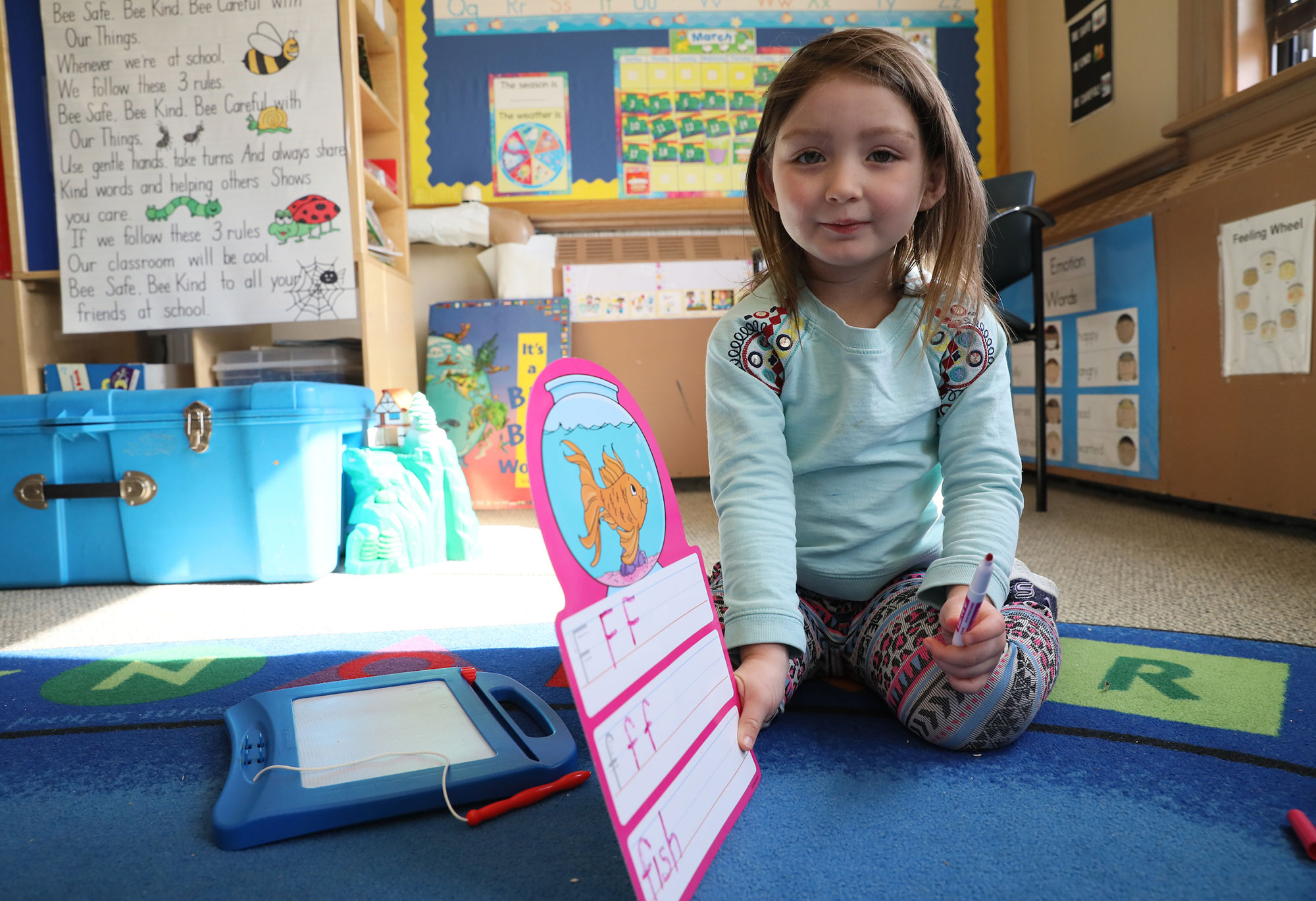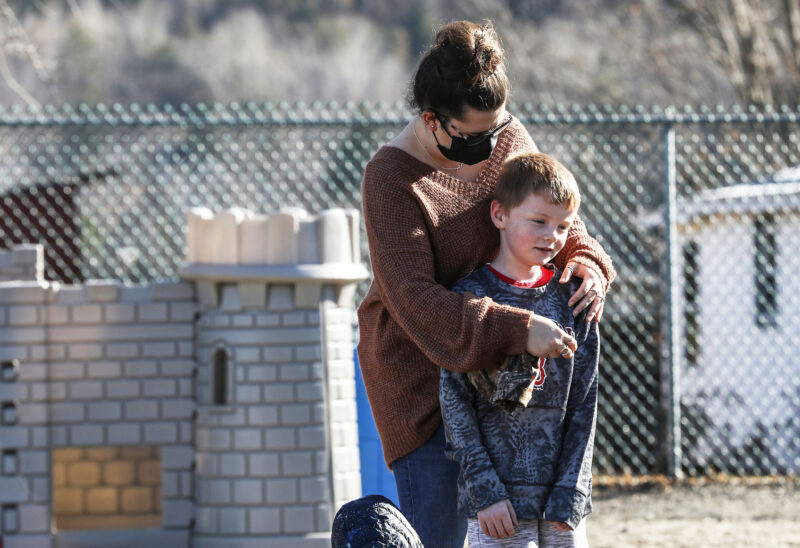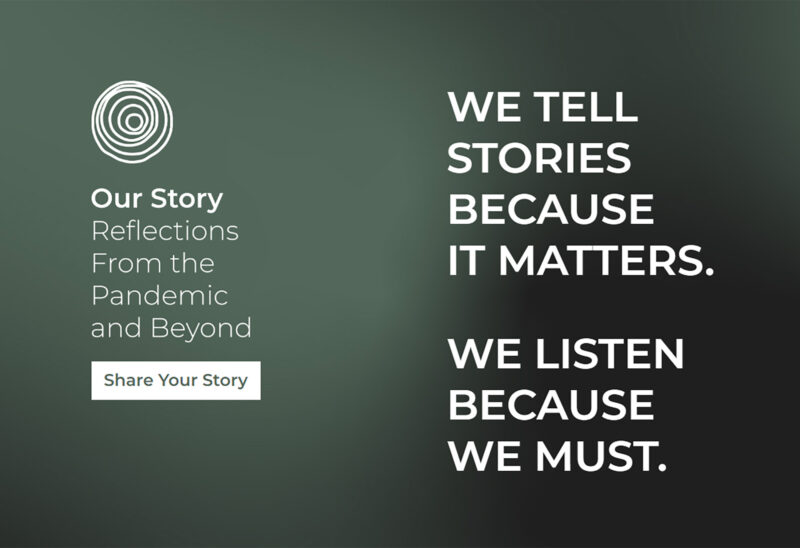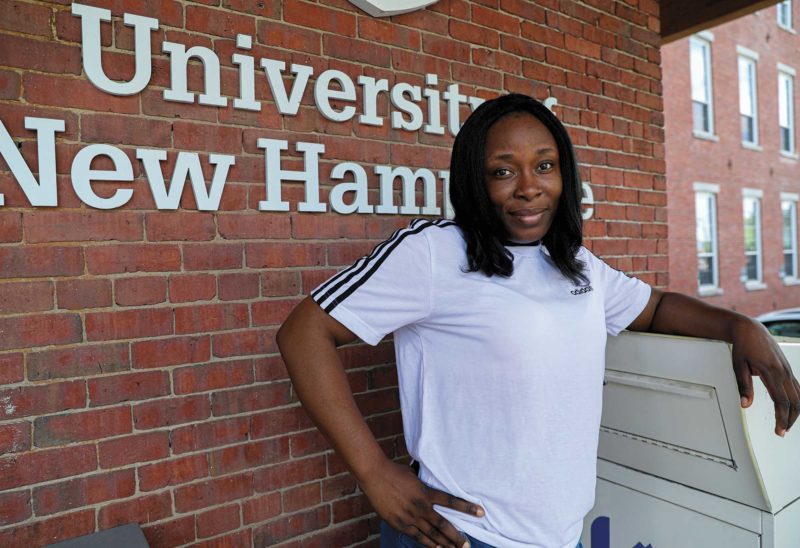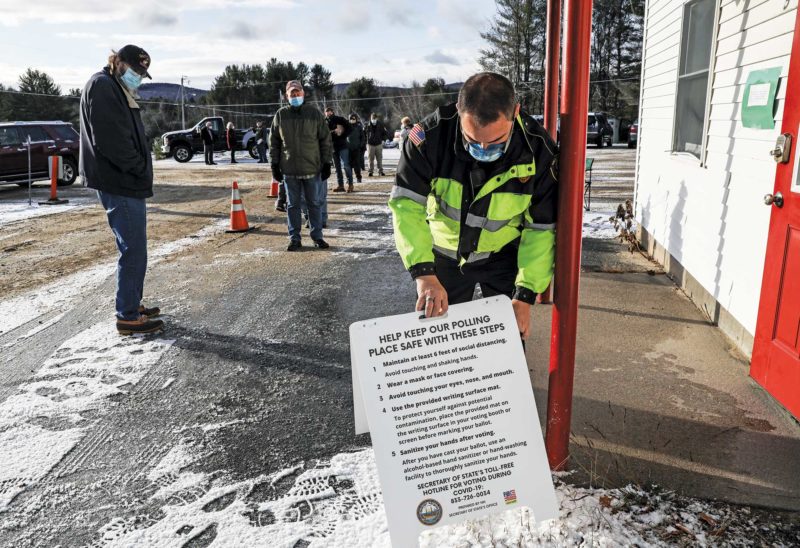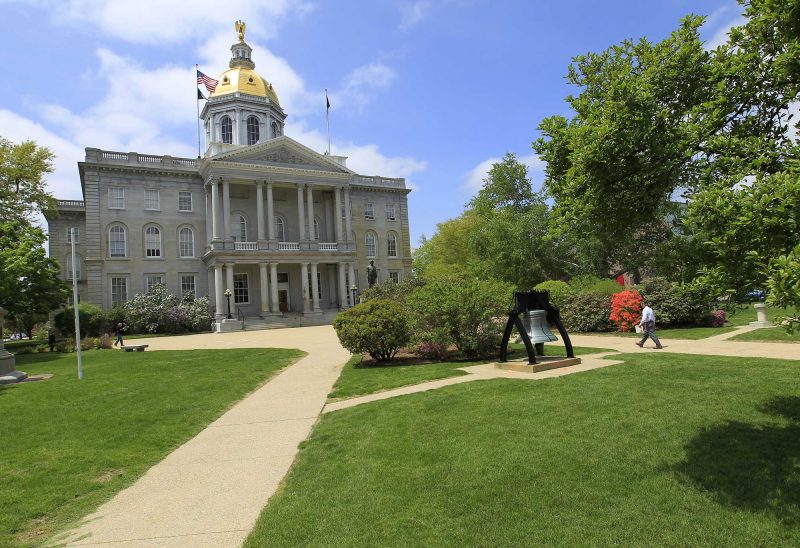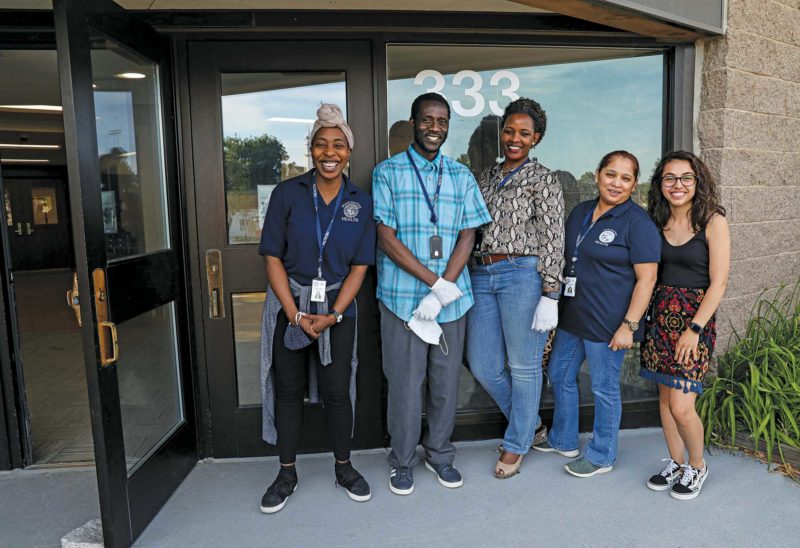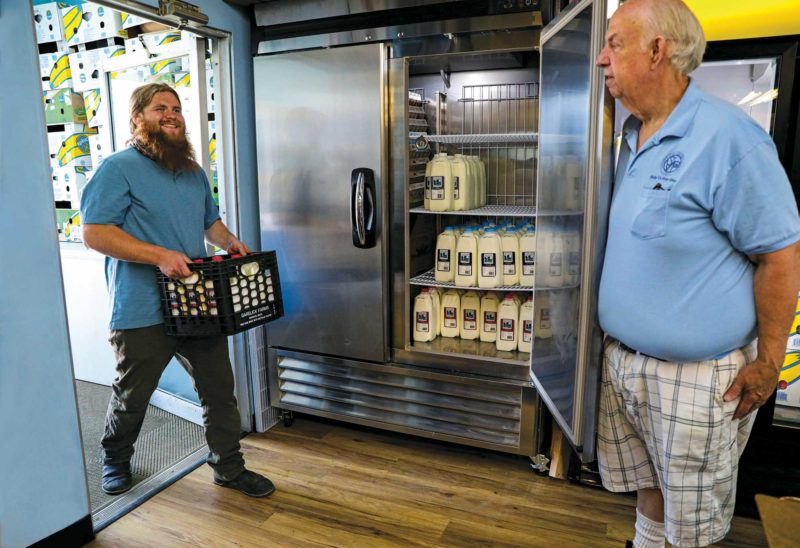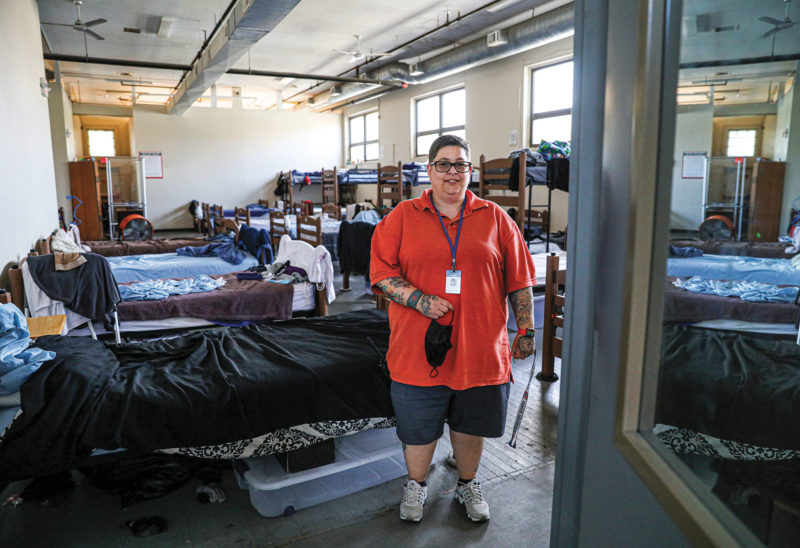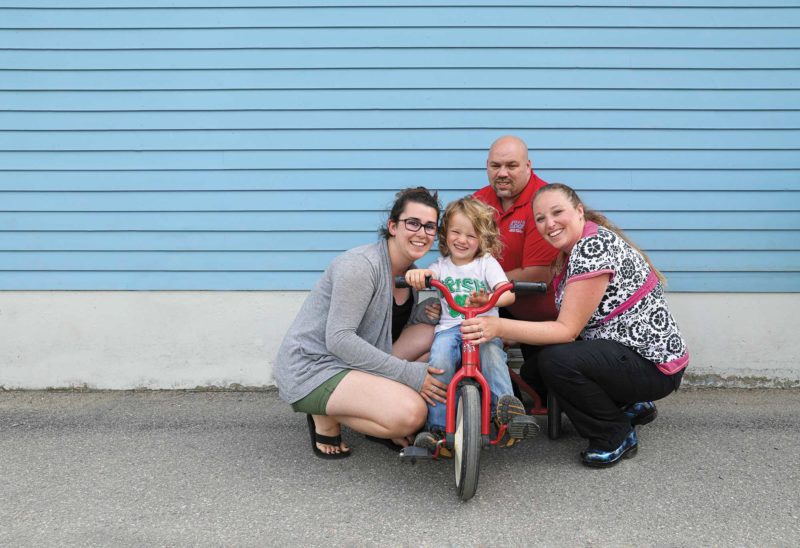By Lois R. Shea, Senior Writer and Communications Officer |
More than 250 child care centers have now been designated emergency providers through the state’s Emergency Child Care Collaborative, which is supporting the families of essential workers during the COVID-19 pandemic.
The Collaborative was created by the New Hampshire Department of Health and Human Services in partnership with the Charitable Foundation and child care professionals to ensure a robust and effective system of emergency child care for New Hampshire parents who are providing essential services — including health care workers, first responders, grocery workers, postal workers and more — during the current public-health crisis. More than 5,500 children are being cared for in the centers statewide.
View the Department of Health and Human Services’ press release for a full update, including a link to an interactive map showing emergency child-care sites around the state.
Related Stories
Pandemic-response fund helped NH through crisis and recovery
The Charitable Foundation launched the Community Crisis Action Fund in 2020, and generous people responded with donations ranging from $25 to $6 million. The fund was structured so that every penny in donations went into our communities. Grants funded everything from hunger relief to an emergency childcare system for essential workers, from health equity efforts to emergency rental assistance. The fund is now deactivated, and will be re-activated as needed to respond to future crises.
Concentric stories: New initiative eases process for telling pandemic story
"Our Story NH" project, which aims to provide a historical archive, launches new option for people to share stories quickly.
SOAR program helps young people thrive
The COVID-19 pandemic turned the world upside-down for children and teens, leaving families and schools looking for ways to help young people overcome feelings of profound uncertainty, anxiety and isolation. The SOAR program at Back in the Saddle Equine Therapy Center in Hopkinton, was designed specifically to help young people cope with COVID’s fallout.
How the expanded child tax credit helped NH families
The expanded child tax credit helped move millions of American children out of poverty.
The Foundation, through a partnership with national funders and NH Housing, made grants to a number of nonprofit organizations in New Hampshire that were doing outreach to families to let them know about their eligibility for the credit — and to help them apply.
Students who are transforming the world
Marina Ngalula is on the cusp of realizing her childhood dream of becoming an engineer — so she can build useful things that improve people's lives.
Nonprofits help make sure people can vote
In November of 2020, amid very dark days of the pandemic, all New Hampshire voters were allowed to vote by absentee in a general election — for the first time ever. But not everyone knew how. A coalition of New Hampshire nonprofits worked to help ensure that everyone understood how to vote safely and securely.
Foundation urges state leaders to allow remote testimony
Citizen participation has always been a priority for the New Hampshire legislature. The health of our citizen government depends on it. And the health of our people and economy depend on stemming the COVID-19 pandemic. That’s why the New Hampshire Charitable Foundation joins many others in urging House and Senate leaders to provide the people of New Hampshire the option to testify remotely during the upcoming legislative session.
A collaborative model for nonprofit news
Walter Cronkite said “journalism is what we need to make democracy work.” The Granite State News Collaborative is a promising model for providing important local news to communities across the state.
Building healthy communities
Grants from the Foundation's Community Crisis Action Fund, combined with federal CARES Act funding, made it possible for the cities of Manchester and Nashua to each hire four community health workers to to help people of color access care, testing and other services and resources to improve health outcomes.
Got milk?
A grant from the Foundation’s Community Crisis Action Fund to the New Hampshire Food Bank allowed for the purchase of 35 cold storage units — refrigerators and freezers — for food pantries and soup kitchens across the state. That means that more fresh foods — particularly meat and dairy products — are getting to families who need them.
Everyday superheroes showed up when their communities needed them most
It was April of 2020. Everyone who could was working from home, going to school from home, grocery shopping curbside and staying away from crowds. Annie Day decided to take a new job: She would manage the Families In Transition Adult Emergency Shelter.
Early childhood care is critical infrastructure
Devon and Morgan Phillips could do their work in emergency medicine during the height of the pandemic in 2020 because their children's early childhood center was there to care for their kids. Early childhood education is critical infrastructure that benefits everyone in our communities.

